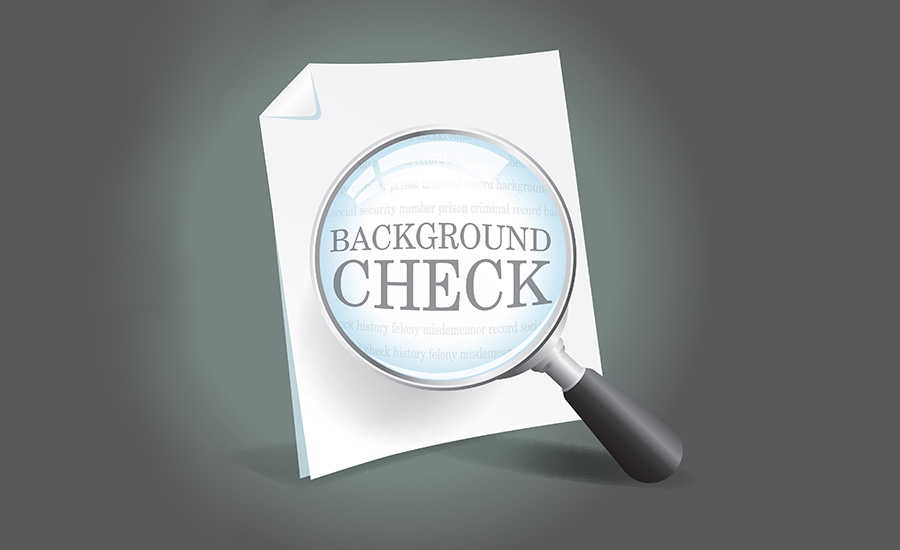The Covid-19 pandemic has forced many businesses to implement remote work with many businesses transitioning to it permanently. Remote work is becoming an essential aspect of the modern-day workplace. However, with this technology trend comes a security issue that many employers need to address, such as the impact of a remote workforce on background checks.
Remote work and the need for background checks
Before starting a remote work arrangement or a new job remotely, an employer needs to conduct background checks to ensure the safety and security of the workplace. While traditional background checks mainly focus on criminal records, employers must also consider the impact of remote work , and conduct a thorough review of a candidate’s online reputation, their social media activity, and other potential external threats. Employers should implement strict guidelines on remote work, such as requiring employees to use secure networks and devices.
How remote work affects background checks
Remote work arrangements present a challenge in conducting background checks for several reasons. First, traditional background checks often rely on in-person interactions that are no longer possible or convenient with a remote workforce. Second, communication can become fragmented or even delayed, making it harder to confirm information. Lastly, remote work can complicate employment screenings because employees’ information can become difficult to track.
Technology-based solutions for background checks
Employers can turn to technology-based solutions to help run background checks effectively, since traditional methods of screening employees might not be practical or relevant in the light of remote work arrangements. One of these solutions is by conducting automatic checking of candidate’s social media accounts to determine their online reputation. Additionally, employers can use various HR management software to manage remote employees.
Legal considerations for background checks
When conducting background checks, employers must consider several legal factors, such as complying with state and federal laws such as the Fair Credit Reporting Act (FCRA). To ensure compliance, employers should document their compliance policies and maintain a consistent process of background screening. Employers should ensure that remote employees meet the same requirements as existing employees and consider any state-specific employment laws in their respective Jurisdictions.
Remote work is on the rise, making background checks all the more crucial in ensuring a safe and secure workplace. Employers must adapt their checks process to the remote environment and rely on technology-based solutions to facilitate screening. With a clear understanding of the legal requirements and technical challenges associated with background checks in remote work arrangements, businesses can successfully employ more workers remotely.
Background checks are essential and need to be done carefully during these times as remote employment increases. As we navigate through these unique times, businesses need to be vigilant and consider many variables as they adapt their recruitment, and on-boarding processes.
Contact us today for a consultation and overview about how we can take you through the whole process of conducting background checks on remote workers to ensure you are doing the right thing.










